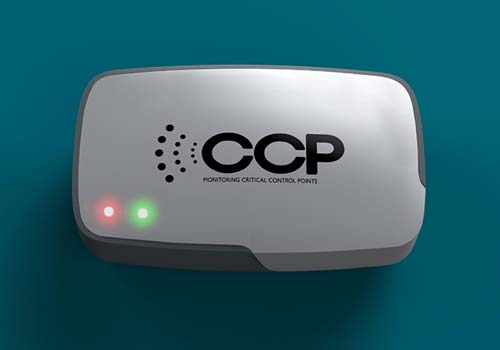Improper food storage can lead to several problems, including bacteria and mold growth, food spoilage through natural decay, and even food waste, which costs billions of dollars annually worldwide. Below are some of the areas that are affected by improper storing of food.
Bacteria and mold
The United States Department of Agriculture says that all food should be frozen or refrigerated within two hours of being out. Otherwise, perishable food kept at room temperature goes into the “danger zone” of 40 and 140 degrees Fahrenheit, or 4.44 to 60 degrees Celsius.
In a freezer, food should be kept at or below freezing, which is 0 degrees Celsius, or below 32 degrees Fahrenheit. Cold storage works by slowing or stopping the molecules of bacteria. At freezing, the bacteria dies, but refrigeration simply slows them down, so food can still spoil, even if it’s kept in a fridge at an appropriate temperature.
Oxygen
According to Wonderopolis, an informational site created by the National Center for Familes Learning in the United States, food spoilage is caused by oxygen (air), light, moisture, and bacteria. As soon as food is harvested, it begins to decay. Most of the time, food’s protective barriers (like the skins of fruit), help slow this process, but we only have days or weeks that the food is still fresh and OK for us to eat. Food must be kept in proper containers and refrigerated when necessary to slow the rate of spoiling.
Food taste is affected
As food begins to decay due to improper storage or through natural process, it taste may start to change. This can make the food difficult to eat, as some people may not like the taste of the changing food. Bananas are good examples of this—some people dislike “ripe” bananas whose peels have begun to turn black. No matter the food, the way it is stored affects its taste.
Food waste
As food begins to decay due to improper storage or through natural process, it taste may start to change. This can make the food difficult to eat, as some people may not like the taste of the changing food. Bananas are good examples of this—some people dislike “ripe” bananas whose peels have begun to turn black. No matter the food, the way it is stored affects its taste.
Business is unprepared
Food spoilage and waste puts a burden on businesses, as they can run short on ingredients they need to prepare dishes for customers. This can lead to unhappy customers, stress in the kitchen, and hasty trips to the grocery store to find replacements, which aren’t always available. By properly monitoring food temperatures, businesses can cut down on bacteria and mold growth, food spoilage, and shortages.
How sensors help meet food safety guidelines

By constantly monitoring food temperatures, businesses are able to be better prepared, thus providing a safer (and happier) experience for their customers and employees. As food temperature is monitoring, business owners can track their cold chain appliances, guaranteeing proper food storage.
